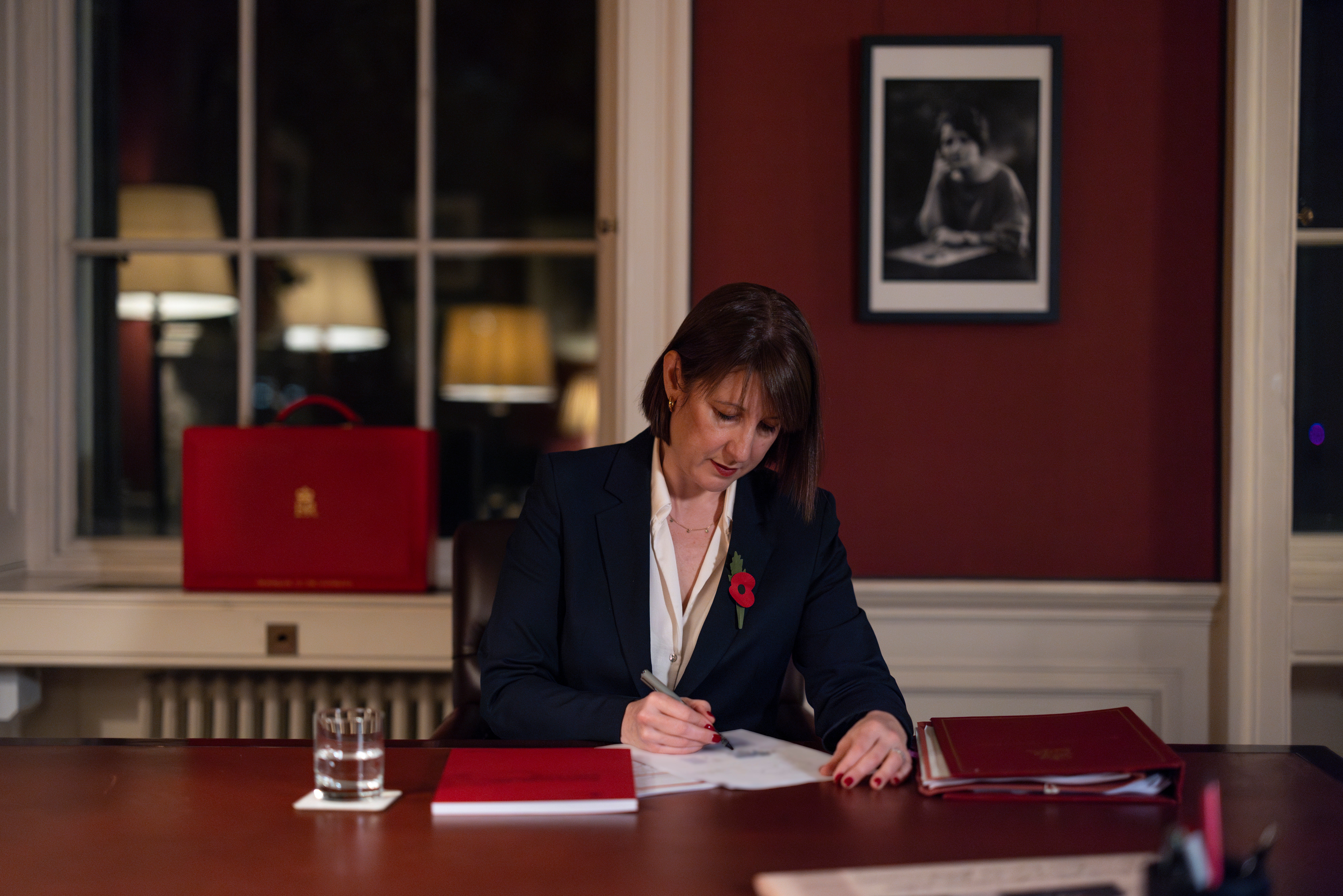
The government has confirmed it will end tax breaks for private schools in a controversial new policy.
Labour will remove the VAT exemption from January and business rates relief for independent schools from April, with parents set to foot the cost.
The move has faced ongoing backlash from the sector, including over the disproportionate impact on already-stretched smaller, specialist schools, as well as the short timescale involved and fears of a mass exodus of pupils.
But the government has refused to back down, with Rachel Reeves cementing the plans into her first Budget as chancellor.
Now that she has committed to it, we take a look at the private school VAT policy in more detail.

What is the private school VAT raid and its impact on fees?
The government has decided to start charging 20 per cent VAT on private schools from the start of 2025, in a move it says will fund its spending commitments.
Currently, independent schools do not have to charge 20 per cent VAT on their fees because there is an exemption for the supply of education.
After allowing for input deductions, boarding fees and exemptions for specialist provision, an effective VAT rate of 15 per cent has been calculated by the Institute of Fiscal Studies (IFS).
Meanwhile, the business rates relief for private schools will end from April.
Ms Reeves has also confirmed a rise in employers’ national insurance contributions, with a view to help fund the NHS and balance the government’s books. The rate will increase by 1.2 percentage points to 15 per cent from April, with payments starting when an employee earns £5,000, down from the current £9,100 – aiming to raise £25.7 billion by 2029-30.
Covering costs such as the national insurance hike and business rates on top of VAT would likely result in a fee rise of around 20 per cent, say independent school leaders.
Why is Labour introducing the policy?
The government has pledged the policy will fund 6,500 new teachers for state schools as part of its spending promises.
Labour says it has inherited a £22 billion financial “black hole” left by the previous Conservative government.
Ms Reeves told the House of Commons on Wednesday: “94 per cent of children in the UK attend state schools. To provide the highest quality of support and teaching that they deserve, we will introduce VAT on private school fees from January 2025 and we will shortly introduce legislation to remove their business rates relief from April 2025, too.
“We said in our manifesto that these changes, alongside our measures to tackle tax avoidance, would bring in £8.5 billion by the final year of the forecast.
“I can confirm today that they will in fact raise over £9 billion to support our public services and restore our public finances.
“That is a promise made and a promise fulfilled.”
A government spokesperson previously told The Independent: “We want to ensure all children have the best chance in life to succeed. Ending tax breaks on private schools will help to raise the revenue needed to fund our education priorities for next year.”
Currently, the average private day school charges between £3,000 and £5,500 per term, according to the Independent Schools Council (ISC)’s 2023 Census, with over a third of pupils receiving fee assistance.
The IFS has estimated that removing tax exemptions could have a net gain to the public finances of around £1.3 to £1.5 billion per year, allowing for about a two per cent increase in spending on state schools – but it concluded the policy is likely to have little impact when it comes to reducing inequalities by school attended.
What criticisms are there and who is likely to be hit?
Concerned headteachers of smaller, specialist private schools – such as those for children with special educational needs and disabilities (SEND), or religious schools – say they have little room in already-squeezed budgets to make cuts.
They say they will be left with little option but to hike fees to cover VAT charges – and fear they may need to raise fees even higher with the employers’ national insurance contributions increase. This would leave parents effectively footing the cost of the policy.
As many as 20,000 to 40,000 pupils are set to drop out of private schools as a result of a 15 per cent effective VAT rate, which would be between a three to seven per cent fall in attendance, according to estimates from the IFS in a report issued last year.
Ultimately, there are fears independent schools could be forced to close.
Diarmid Mackenzie, the chair of governors at Sands School in Devon, who has been working with many other independent schools on this issue, warned: “Independent schools are already under immense financial pressures. TPS contributions went up 5 points in April to over 28 per cent of salaries. Now we're having to put VAT on our fees, and deal with a 400 per cent increase in business rates for many this April, together with around 20 per cent inflation since 2021. Between them, in cash terms, that adds up to a 50 per cent increase in costs over four years.
“Most small schools don't make a significant surplus or profit, and most don't have any sources of income other than fees, so there's no option but to pass these costs on to parents. But the families that use small independent schools aren't especially wealthy either. There's only so far that the system can be squeezed before it starts to fall apart.”
Concerns have also been raised over a lack of government consultation with private schools before introducing the proposals. Consequently, the short timeframe has been criticised for not allowing for adequate preparation before the policy is implemented in the new year.







